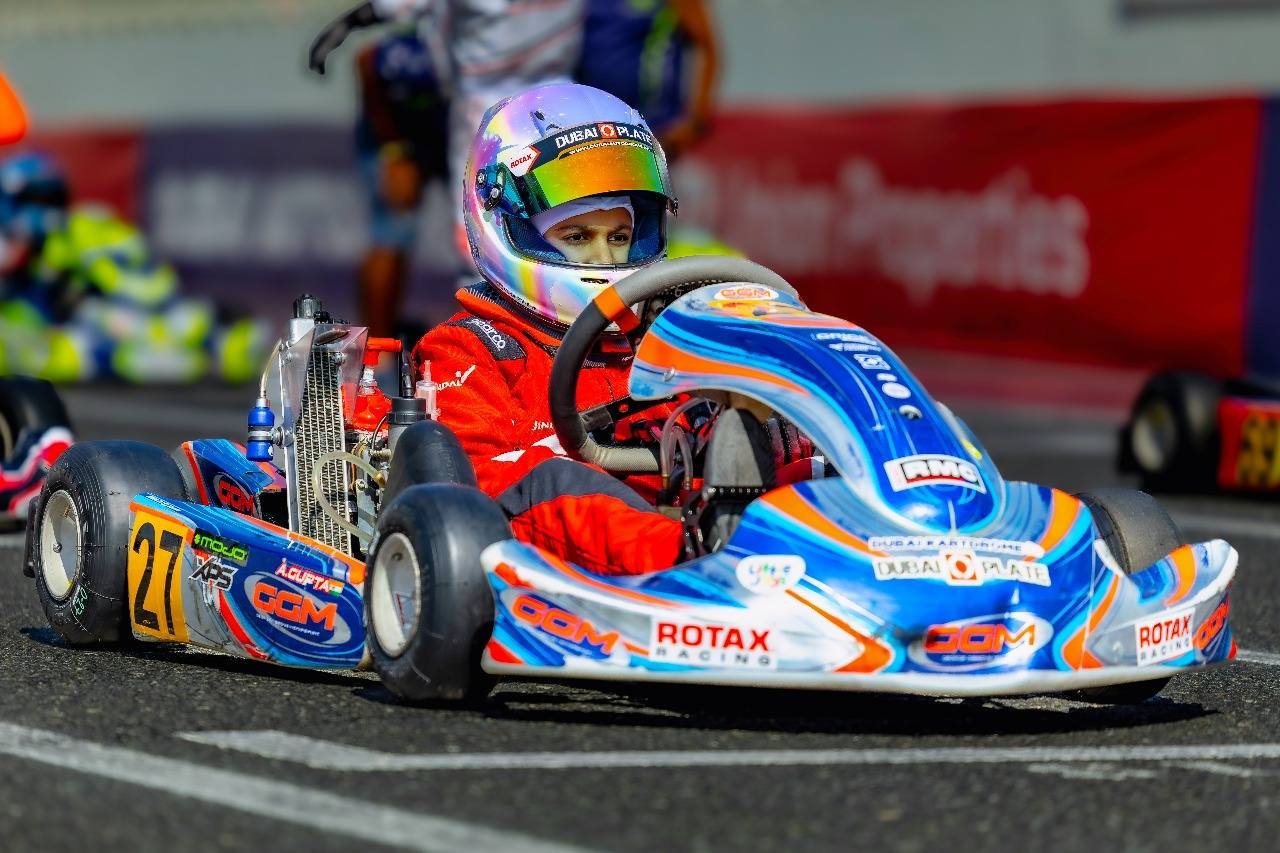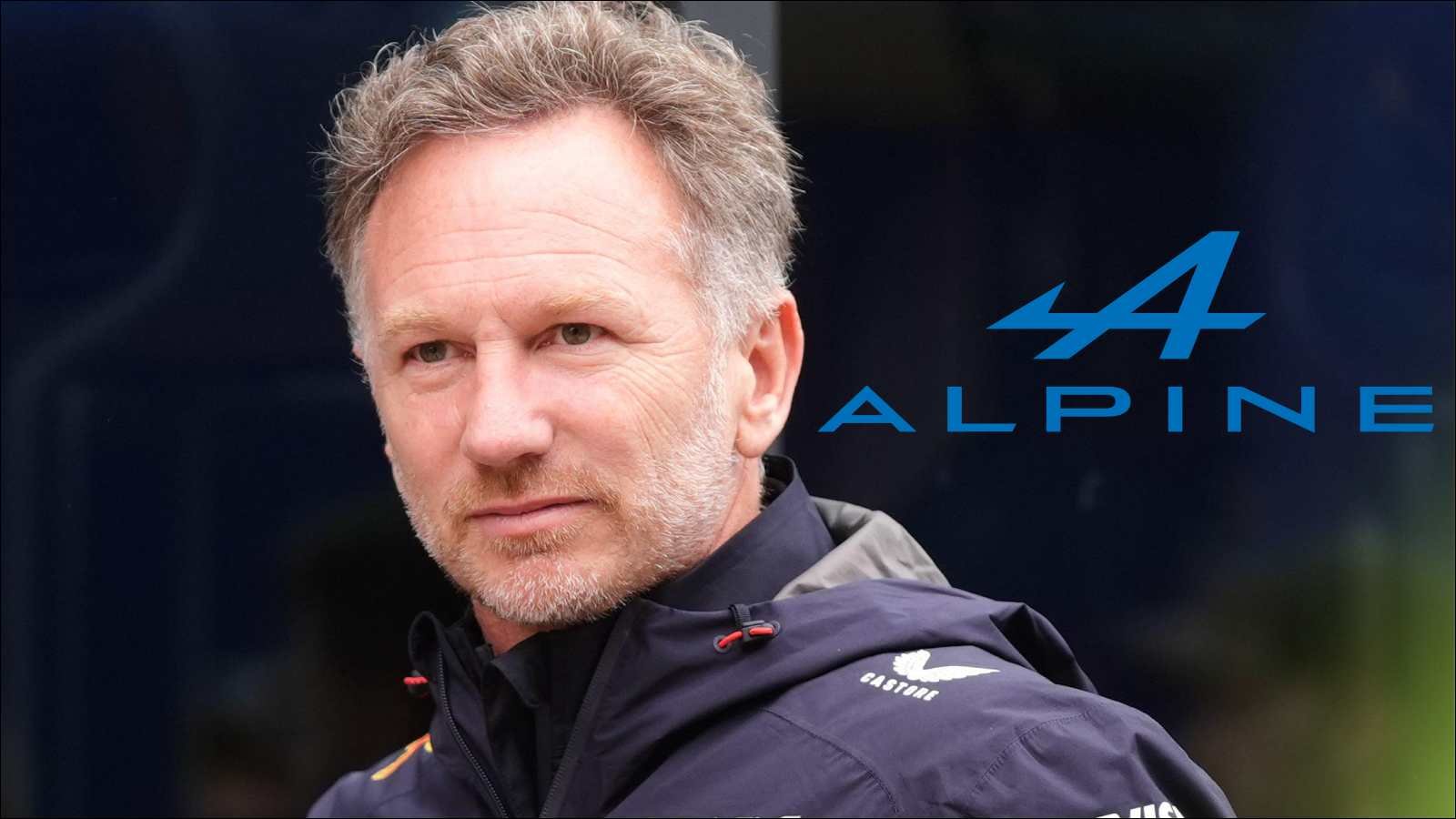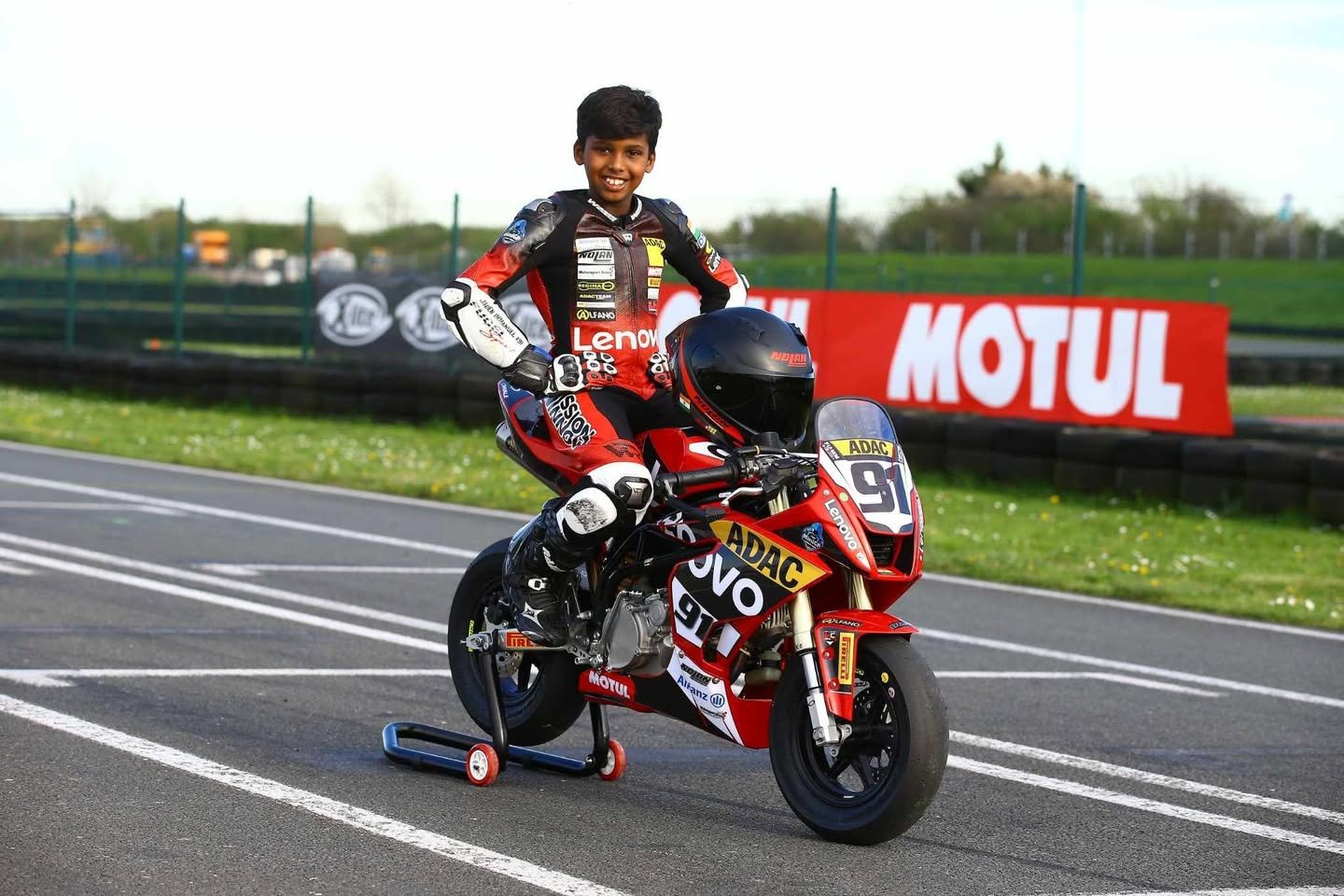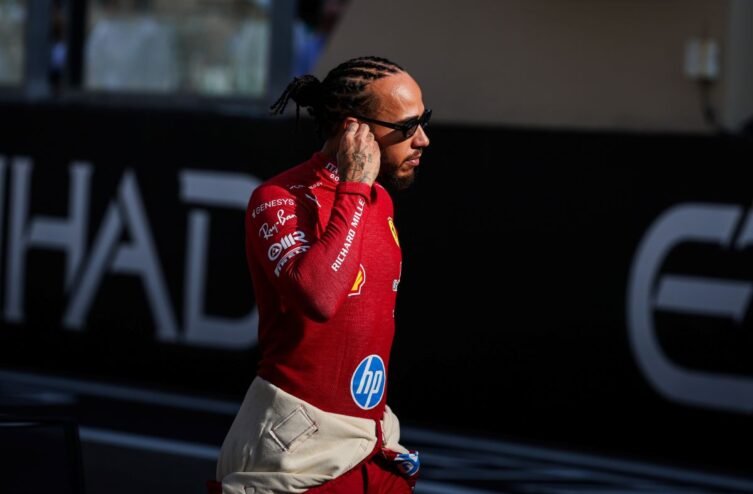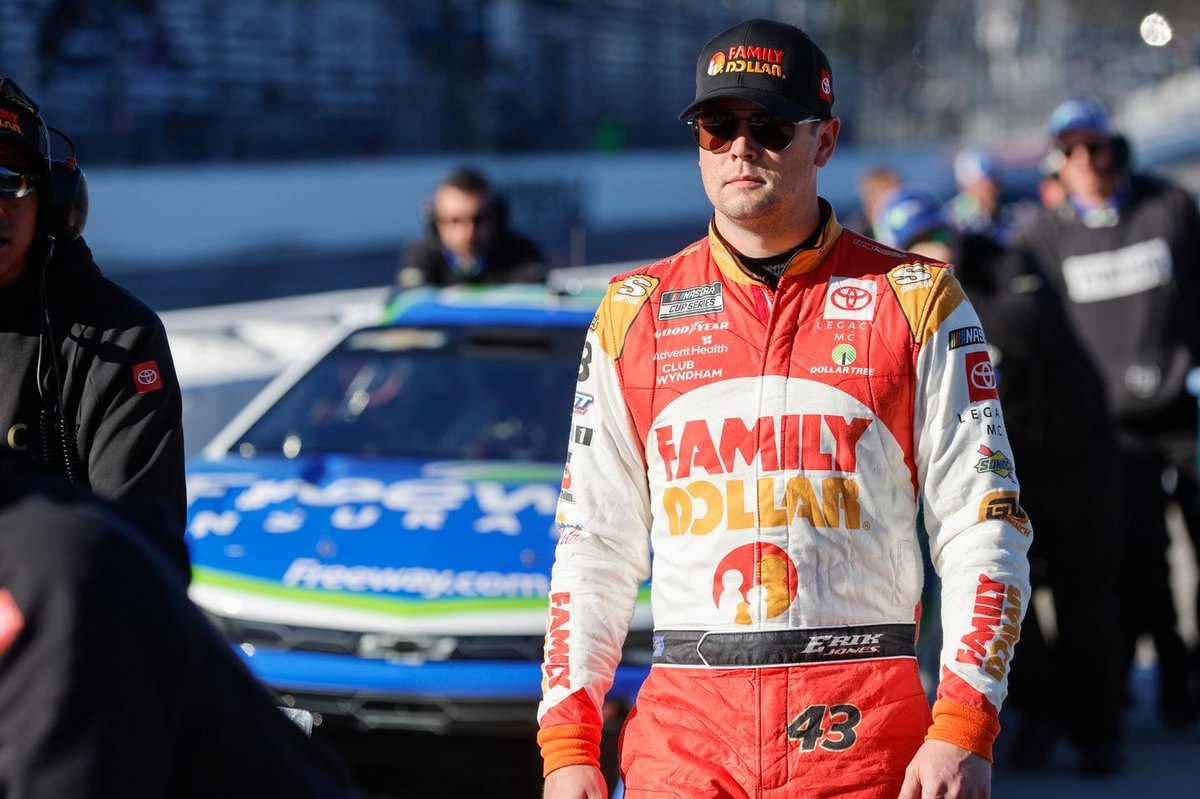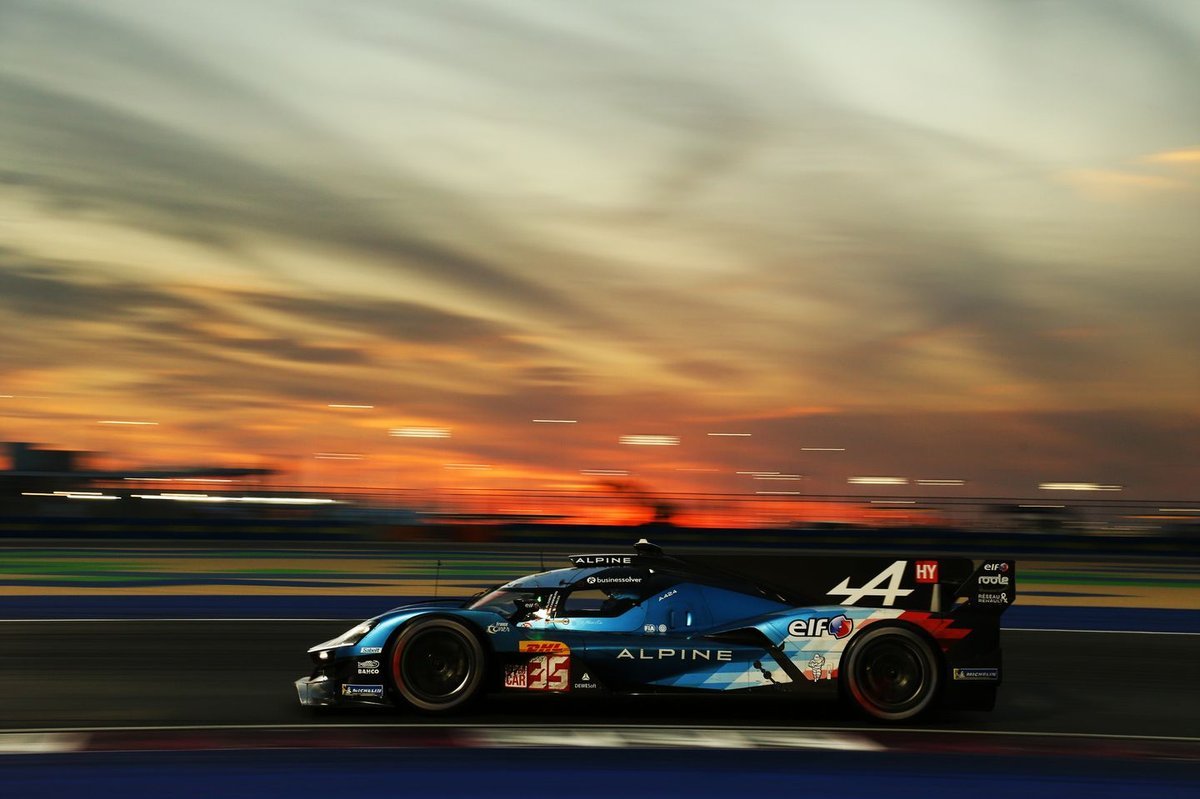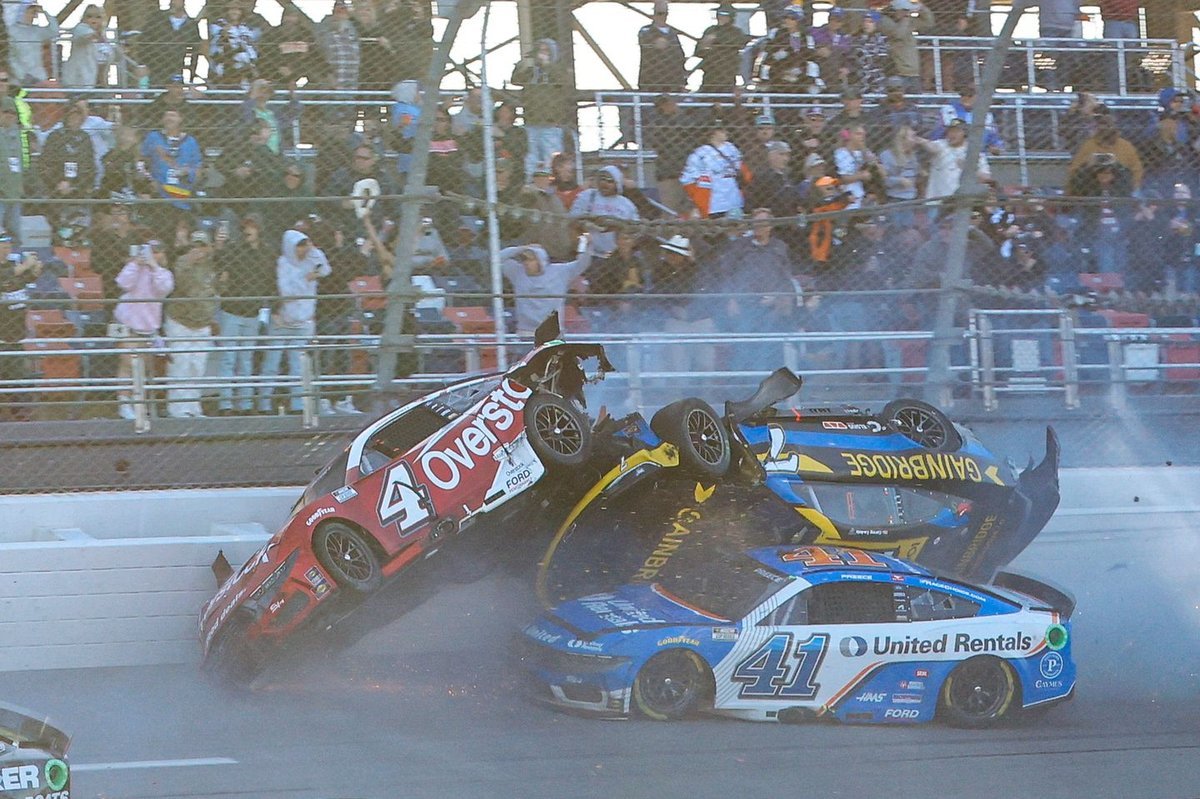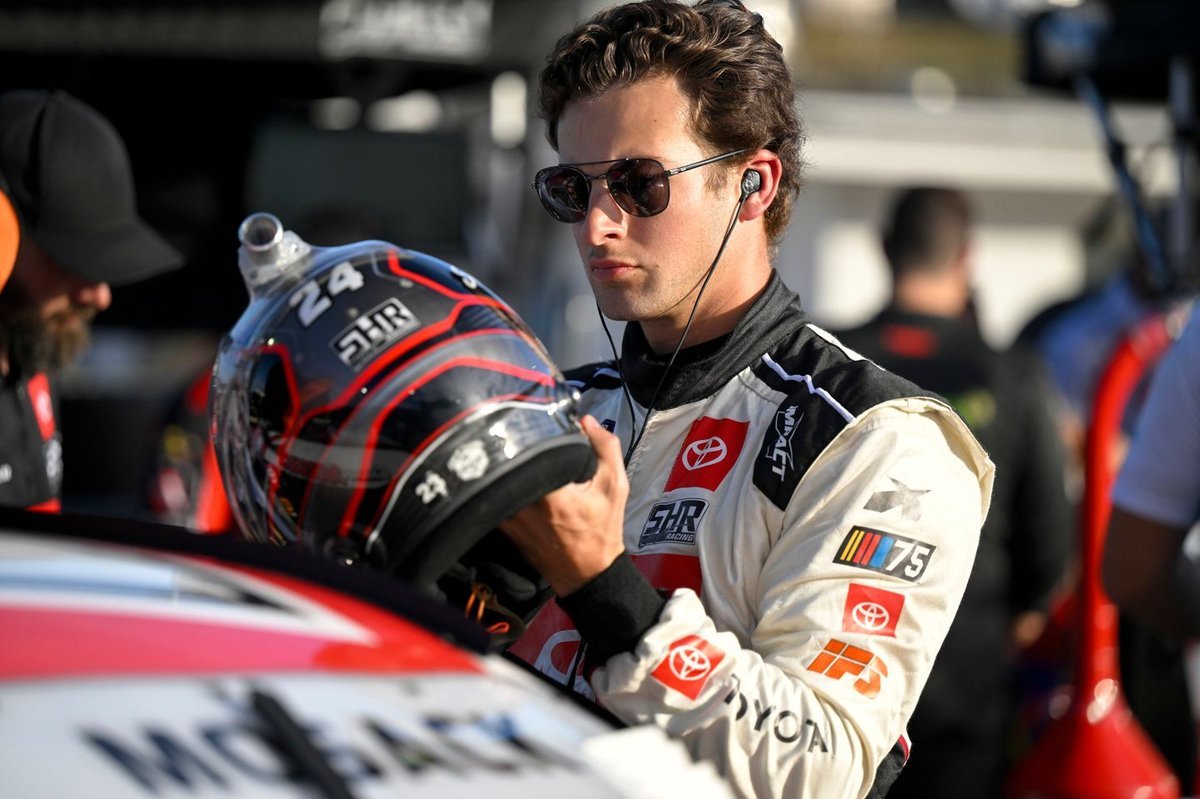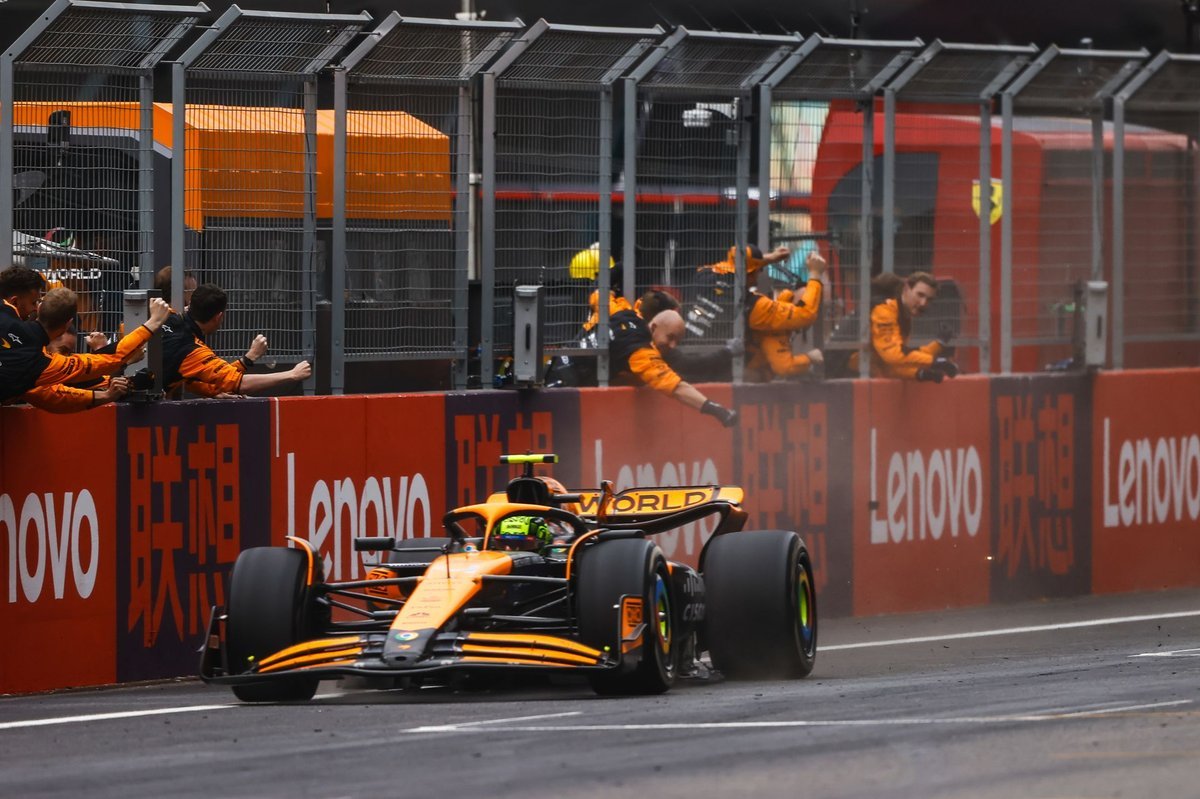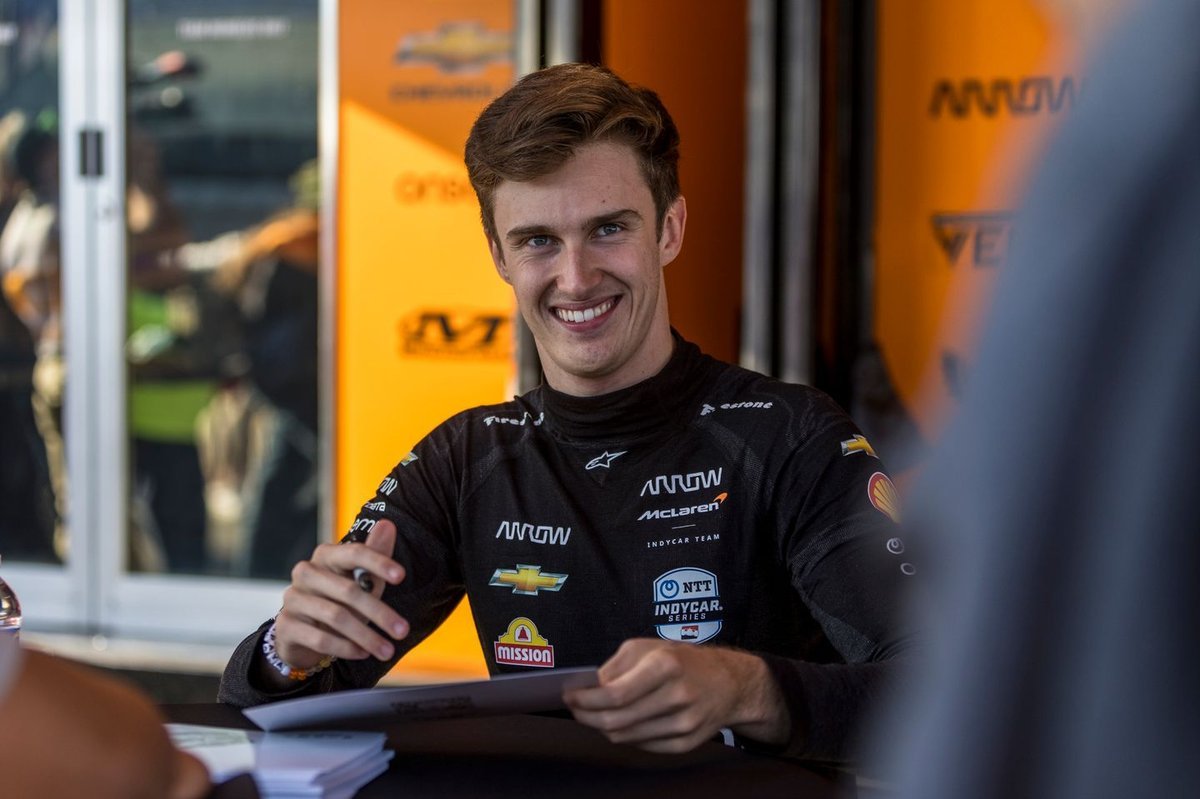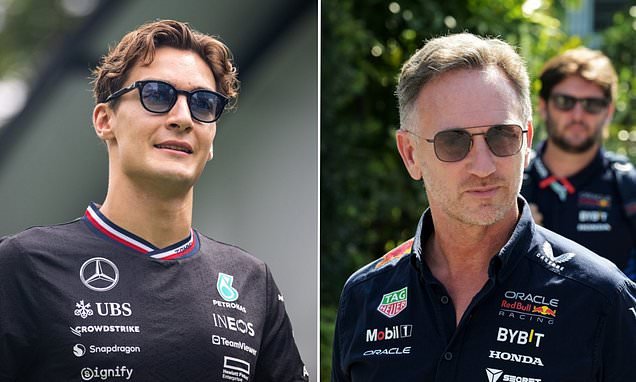
As Formula 1 braces for sweeping changes in 2026 with the introduction of the next-generation power unit regulations, the grid is already abuzz with speculation regarding team dynamics and future driver lineups. Among the most talked-about possibilities is a shock move involving Mercedes’ George Russell and Red Bull Racing. At the center of it all is Red Bull team principal Christian Horner, whose recent comments have only fueled further speculation about potential shifts in the driver market.
Russell’s Rising Stock Amid Mercedes Transition
George Russell, currently contracted with Mercedes, has emerged as a pillar of consistency for the Brackley-based team amid their ongoing development challenges. While Lewis Hamilton’s impending departure to Ferrari in 2025 has already reshuffled the deck, Russell’s long-term future has become a critical focal point in the F1 paddock.
Russell’s strong qualifying performances and his reputation as a technically insightful driver have made him a coveted name across rival teams. With Mercedes evaluating young talents like Kimi Antonelli for the Hamilton seat, questions have arisen over whether Russell would choose to anchor a team in transition or explore a potentially championship-winning prospect elsewhere—such as Red Bull.
Horner’s Strategic Dismissal: Public Calm, Private Evaluation?
When pressed on the Russell-Red Bull rumors during a media session, Christian Horner categorically denied any current negotiations with the British driver. Yet, those familiar with Red Bull’s historical approach know that public denials have often masked behind-the-scenes evaluations.
“We’re happy with our drivers,” Horner said in response. “George is a very capable driver, but we are not looking outside our current pool at the moment.” While this appears to shut the door on any 2026 links, it does little to quiet the murmurs in the paddock that Red Bull is weighing all options should Sergio Perez’s form remain inconsistent or Max Verstappen’s long-term commitment falter amid internal team politics.
Red Bull’s 2026 Vision: New Power Units, Possible Driver Refresh
The 2026 season will mark a pivotal chapter for Red Bull Racing, not just due to regulatory changes, but also because it will be the first full season featuring their in-house Red Bull Powertrains unit developed in collaboration with Ford. This move into becoming a full-fledged works team could necessitate a reshuffling of their driver pairing—tailored to extract maximum synergy between the chassis and the evolving power unit.
While Verstappen’s contract runs until the end of 2028, persistent rumors of friction with management and doubts about Red Bull’s long-term competitiveness post-Adrian Newey could open the door to drastic changes. In such a case, a technically sound and marketable driver like Russell becomes a logical fit.
The Liam Lawson Factor and Internal Pressure on Perez
Internally, Red Bull’s driver pipeline remains robust with Liam Lawson waiting in the wings. His standout performances during reserve duties have made a compelling case for a 2025 or 2026 promotion. However, Lawson’s readiness and long-term ceiling remain topics of debate within the Red Bull senior management. This uncertainty could open the door for a more proven, race-winning driver like Russell, especially if Red Bull seeks to secure immediate performance amid power unit transitions.
Christian Horner, while dismissive of the Russell talk, has been non-committal about Sergio Perez’s future beyond 2024. With Perez struggling to consistently support Verstappen in the constructors’ fight, the allure of a younger and more dynamic lineup remains under strategic review.
Mercedes’ Dilemma: Holding Onto Russell or Risking a Reset
For Mercedes, the worst-case scenario would be losing both Hamilton and Russell in successive seasons. Toto Wolff has publicly reaffirmed Russell as the team’s “future,” but the recruitment of Antonelli and links to Carlos Sainz and Esteban Ocon show that all cards are being kept on the table.
Should Mercedes fail to offer Russell a convincing long-term vision—especially in light of their recent aerodynamic and PU shortcomings—Russell may seek competitive stability elsewhere. And with Red Bull transitioning into a manufacturer status, the 2026 car could offer exactly that.
Russell’s Career Ambitions: Bigger than Loyalty?
Russell has consistently voiced his ambition to win World Championships. While his loyalty to Mercedes has never been questioned, his career trajectory might require tough decisions. Joining a team with a title-contending car and in-house engine technology may be too tempting to ignore—particularly if Mercedes’ 2025 campaign fails to show strong upward momentum.
Outlook: Red Bull’s Driver Puzzle Still in Flux
Despite Horner’s current denials, Red Bull’s past moves suggest a deliberate and long-game approach when assembling their driver lineup. With the high-stakes nature of 2026, the possibility of Red Bull making a bold play for a proven race winner cannot be dismissed.
George Russell remains a key pawn in the F1 chessboard. Whether he stays to spearhead a new era at Mercedes or becomes the cornerstone of Red Bull’s 2026 campaign will depend on a complex mix of car performance, internal politics, and personal ambition.
Red Bull may not be knocking on Russell’s door today—but 2026 is still far enough away for that to change swiftly.

